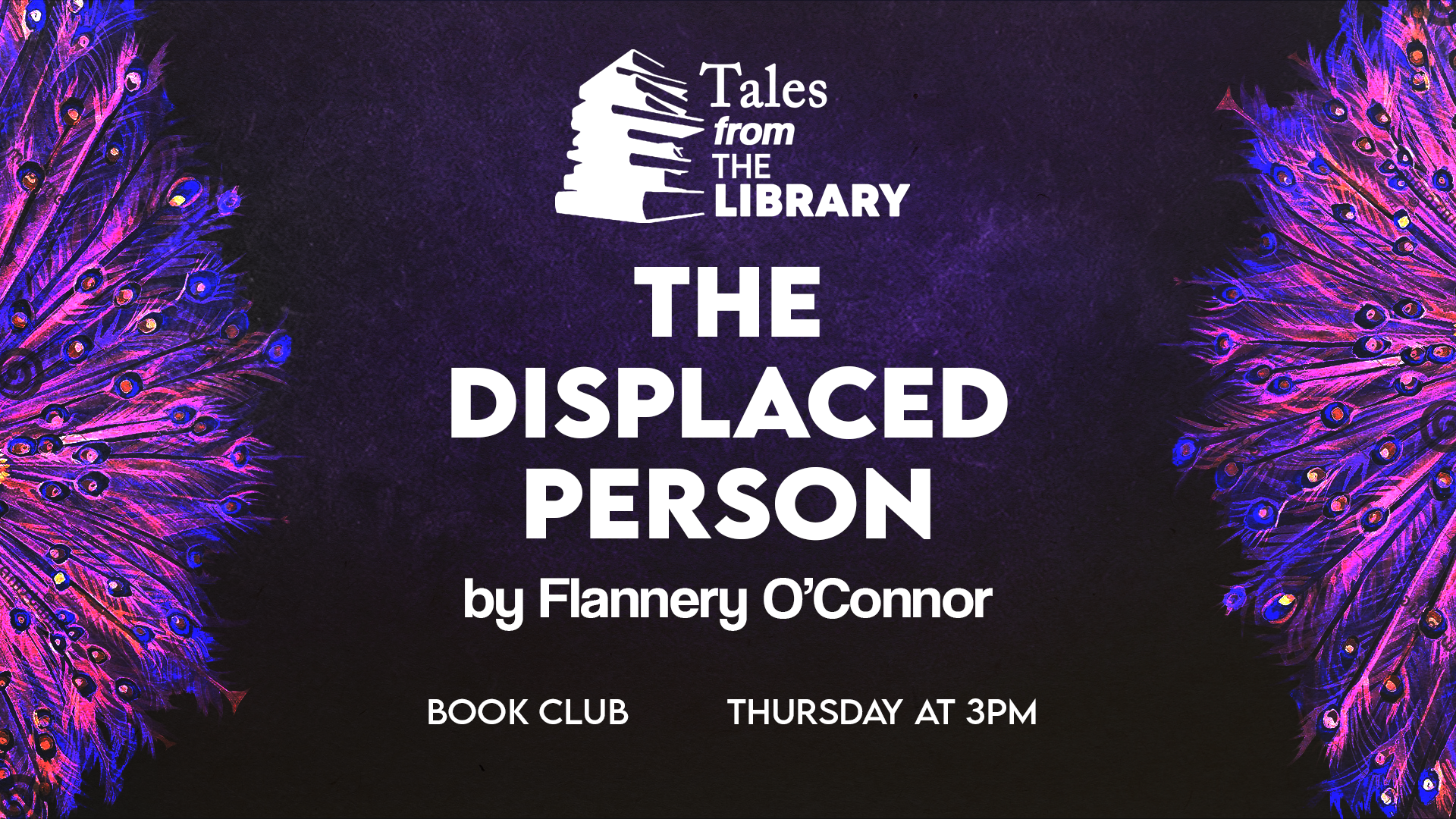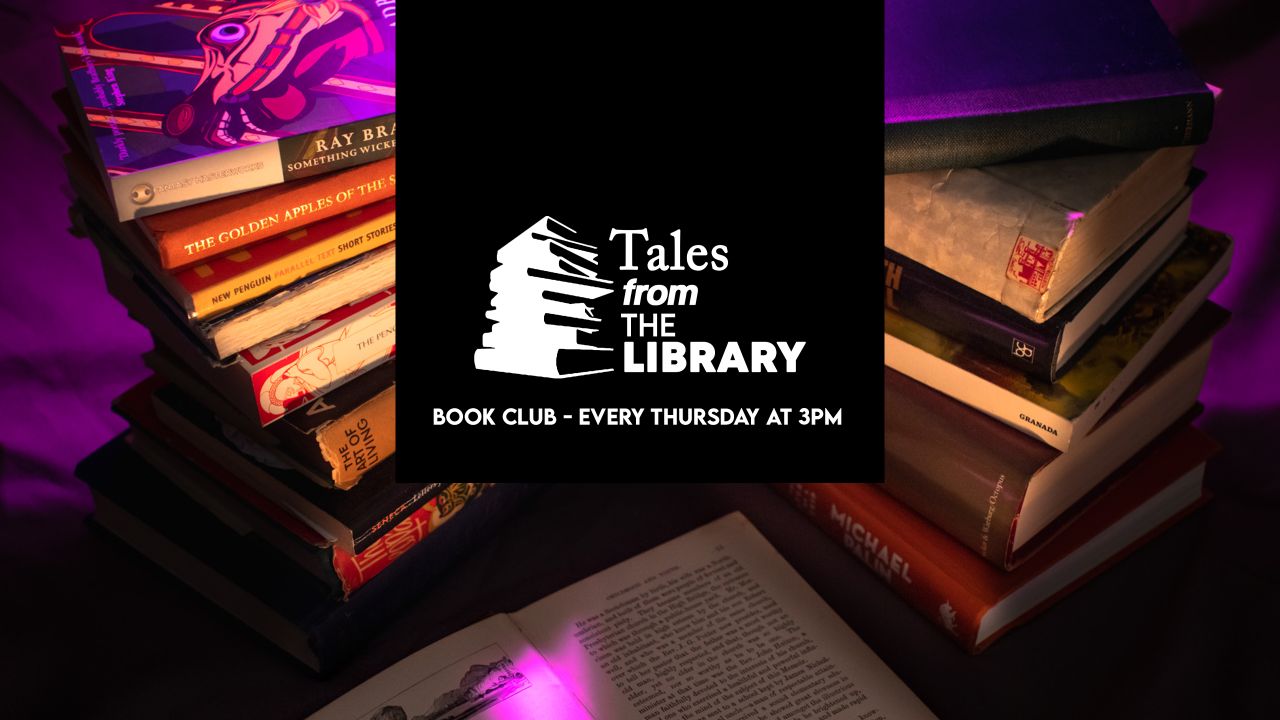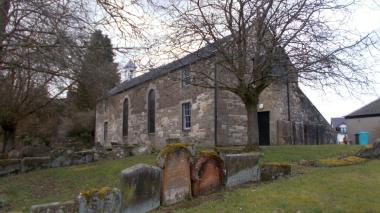Tales From The Library - The Displaced Person

Above link not working? Click here to launch Zoom session
Join us on Thursday at 3PM to chat about the book!
The Displaced Person
by Flannery O'Connor
Read the Book online: The Displaced Person
Link Two: online story
Watch the Telivision Play: The Displaced Person
This week on the Tales from the Library Book Club we will be reading 'The Displaced Person' by Flannery O'Connor. The story takes place on a farm in Georgia, just after World War II in the 1940s. The owner of the farm, Mrs. McIntyre, contacts a Catholic priest to find her a "displaced person" to work as a farm hand. The priest finds a Polish refugee named Mr. Guizac who relocates with his family to the farm.
This story deals with themes that would have been very present in the deep south in the 1940s but also resonates deeply with the context on our modern lives now. With War changing geopolitical situations, people have been displaced all over the world and with new change often comes new conflicts and old resentments. It should be mentioned that this story contains some mention of racial slurs and lanaguge that would have been common place in the time that the story was set, but many may find upsetting or offensive now.
The story was written while O'Connor was residing with her mother at a farm called Andalusia. Scholars believe that the farm was the inspiration for the setting in "The Displaced Person" and is the work most closely associated with Andalusia.[2] O'Connor's mother also employed a Polish refugee family and several African American laborers at Andalusia.[3]
Flannery O'Connor was fascinated with peacocks, described in her essay "The King of the Birds." In the story, the way the characters view the peacocks often corresponds to their own moral compass. For example, Father Flynn and Astor have positive attitudes towards the birds and are generally likable characters, while Mrs. McIntyre starves the birds and reduces their population, making her a villain.
About the Author
Mary Flannery O'Connor was born March 25, 1925 and died on August 3, 1964. She was an American novelist, short story writer and essayist. She wrote two novels and 32 short stories, as well as a number of reviews and commentaries.
She was a Southern writer who often wrote in a sardonic Southern Gothic style and relied heavily on regional settings and grotesque characters, often in violent situations. The unsentimental acceptance or rejection of the limitations or imperfections or differences of these characters (whether attributed to disability, race, crime, religion or sanity) typically underpins the drama.
Her writing reflected her Roman Catholic faith and frequently examined questions of morality and ethics. Her posthumously compiled Complete Stories won the 1972 U.S. National Book Award for Fiction and has been the subject of enduring praise.
How to join the club to chat
The zoom link to join will apear above on this page at 3PM on Thursday. To join you will need a phone/tablet or laptop with a built in camera and microphone (most modern devices come with this) you may need to download the zoom app onto your phone if you are using a phone to join.
Sign up if you would like to receive an email reminder of the book club, to do this you must first create a profile.




 Add to Favourites
Add to Favourites




Login to comment.